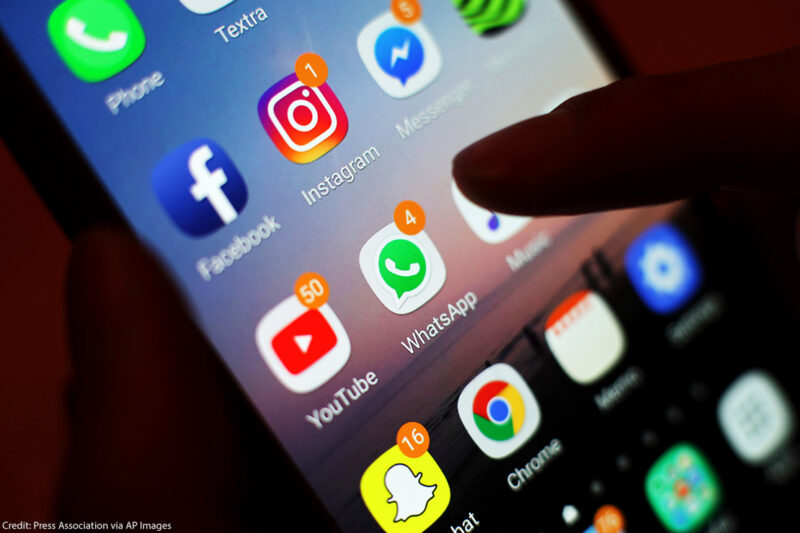In Montana, Your Right to Cell Phone Privacy is Up for Debate


In Montana and throughout the United States, privacy is a fundamental right. But in recent years, the right to privacy has come under threat ã not because of any changes in law, but thanks to the technology in our pockets. Advancements in technology that were simply unimaginable when the U.S. and Montana Constitutions were adopted mean that the breadth of personal data housed on personal digital devices has become subject to constitutional protections developed for a world with far less revealing information about us available to the government. While the foundations of those rules are time-tested and wise, this new reality in which each of us carries our entire life in the palm of our hand means courts must ensure that they adequately impose constitutional limits on searches of digital information.
A case that is now before the Montana Supreme Court demonstrates why constitutional protections must robustly apply to cell phones. In a friend-of-the-court brief filed this week by the âü¯áû颈§Ý§Ã¿« and the âü¯áû颈§Ý§Ã¿« of Montana, we argue that courts must narrowly define exceptions to the Fourth Amendment and Montanaãs warrant requirement, the primary protection for our private data. The warrant requirement should be familiar to anyone who has spent any time watching shows like ãLaw & Orderã or ãThe Wire.ã Law enforcement needs to demonstrate to an independent judge probable cause to believe that evidence of a crime will be found in a place to be searched or a thing to be seized (whether that be their house, pocket, or filing cabinet). The legal question in State of Montana v. Mefford concerns the consent exception to the traditional warrant requirement. The law permits law enforcement to invade a personãs privacy if the person agrees. So, when a police officer asks an individual ãMay I search your backpack?ã and the person says ãSure thing, no problem,ã the officer can take a look without any factual basis, let alone a warrant from a judge.
In the case at hand, defendant Bradley Mefford told his parole officer that the officer could read a Facebook Messenger thread on his phone in order to confirm his explanation for a purported curfew violation. But the parole officer did not return the phone after reading the relevant messages; instead, he proceeded to search Meffordãs photographs. That search turned up unlawful contraband, and Mefford was eventually charged with possession of that contraband.
Police should not be able to leverage someoneãs consent to search limited information on their cell phone for a limited purpose into a search of anything or everything on the device for any other purpose. Thatãs why, even though this case involves a person on parole, the Montana Supreme Courtãs ruling has the potential to affect ÝÞÝ¿ÝÞ¯ªýãÇúýåÝÞãs privacy rights. If law enforcement can take someoneãs consent to search for a limited purpose and of a limited area, and simply enlarge that search on their own justification, the entire justification for the consent exception will be undermined. And thatãs why we are weighing in by filing our brief. If consent to search one thing can turn into a search for anything, what would be the point of consent at all?
When it comes to smartphones and other digital devices, the danger of expansive searches purportedly based on consent is even greater than a search of a garage or a closet. More than of Americans who own smartphones ãkeep on their person a digital record of nearly every aspect of their livesã ã from the mundane to the intimate. In many cases, people keep vast amounts of private data on their phones: not just messages and photos, but records from health care providers, location data, and more. In some cases, people are not even aware of all of the information housed on the devices ã for example, deleted files and photos, and tracking data.
Privacy in the digital age is hard, but not impossible. It is vital that the protection of peopleãs privacy remains intact and that law enforcement not be allowed to rummage at will through our digital devices that carry a personãs most personal information. In this case, the Montana Supreme Court can make it crystal clear that the scope of a cell phone search is limited and bound by the scope of consent.
To learn more about the warrant clause in the digital age, please see our paper on avoiding general searches in the execution of warrants for electronic data.

